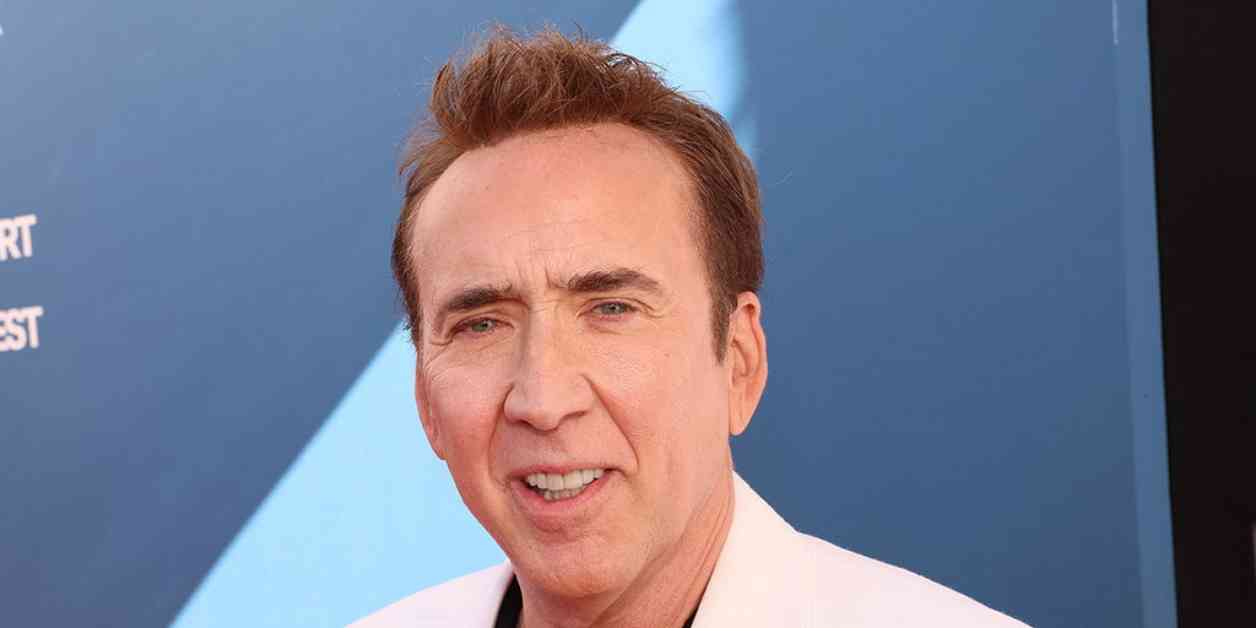Nicolas Cage recently addressed the rising threat of artificial intelligence in Hollywood during his speech at the 25th Newport Beach Film Festival. The actor expressed his concerns about a new technology called “EBDR,” short for “employment-based digital replica,” which allows studios to create digital replicas of actors’ performances. These replicas can alter an actor’s face, voice, line deliveries, body language, and overall performance after shooting has concluded.
Cage emphasized the importance of protecting one’s instrument as a film actor, referring to their voice, face, body, imagination, and performance. He urged actors to consider the implications of signing contracts that allow studios to use EBDR on their performances. The actor highlighted the potential risks of this technology, such as the manipulation of an actor’s likeness without their consent.
This is not the first time Cage has voiced his concerns about AI in Hollywood. In previous interviews, he expressed discomfort with the idea of having his likeness scanned for digital recreation. The actor questioned the ethical implications of using celebrities’ images posthumously, citing examples like the digital recreation of James Dean in upcoming films.
The use of AI in Hollywood raises questions about the future of storytelling, artistic integrity, and the rights of performers. As technology advances, actors may face challenges in preserving their unique talents and protecting their creative contributions from digital manipulation. Cage’s warnings serve as a reminder for actors to remain vigilant and advocate for their rights in an increasingly digitized entertainment industry.
While AI offers new possibilities for visual effects and storytelling, it also presents ethical dilemmas and uncertainties regarding the boundaries of artistic expression. As Hollywood continues to explore the capabilities of AI in filmmaking, industry professionals must navigate the complex intersection of technology, creativity, and ethics. Cage’s advocacy for actors to safeguard their performances underscores the importance of upholding artistic integrity and autonomy in the face of evolving technological landscapes.


















